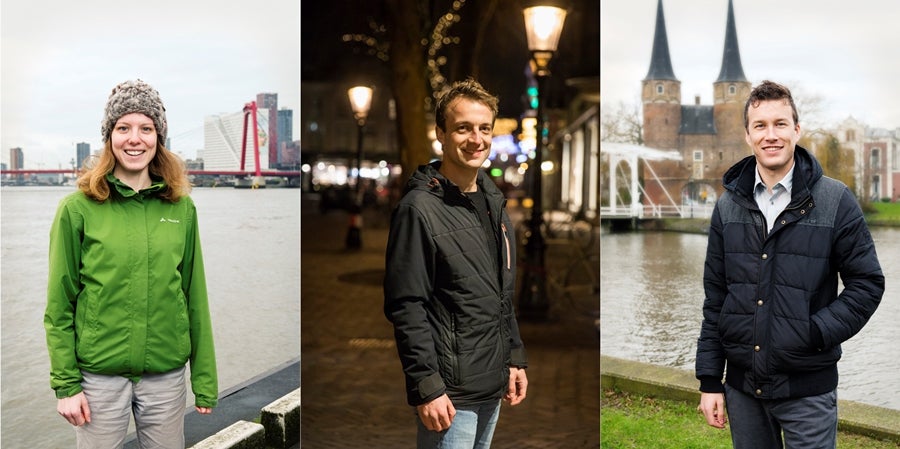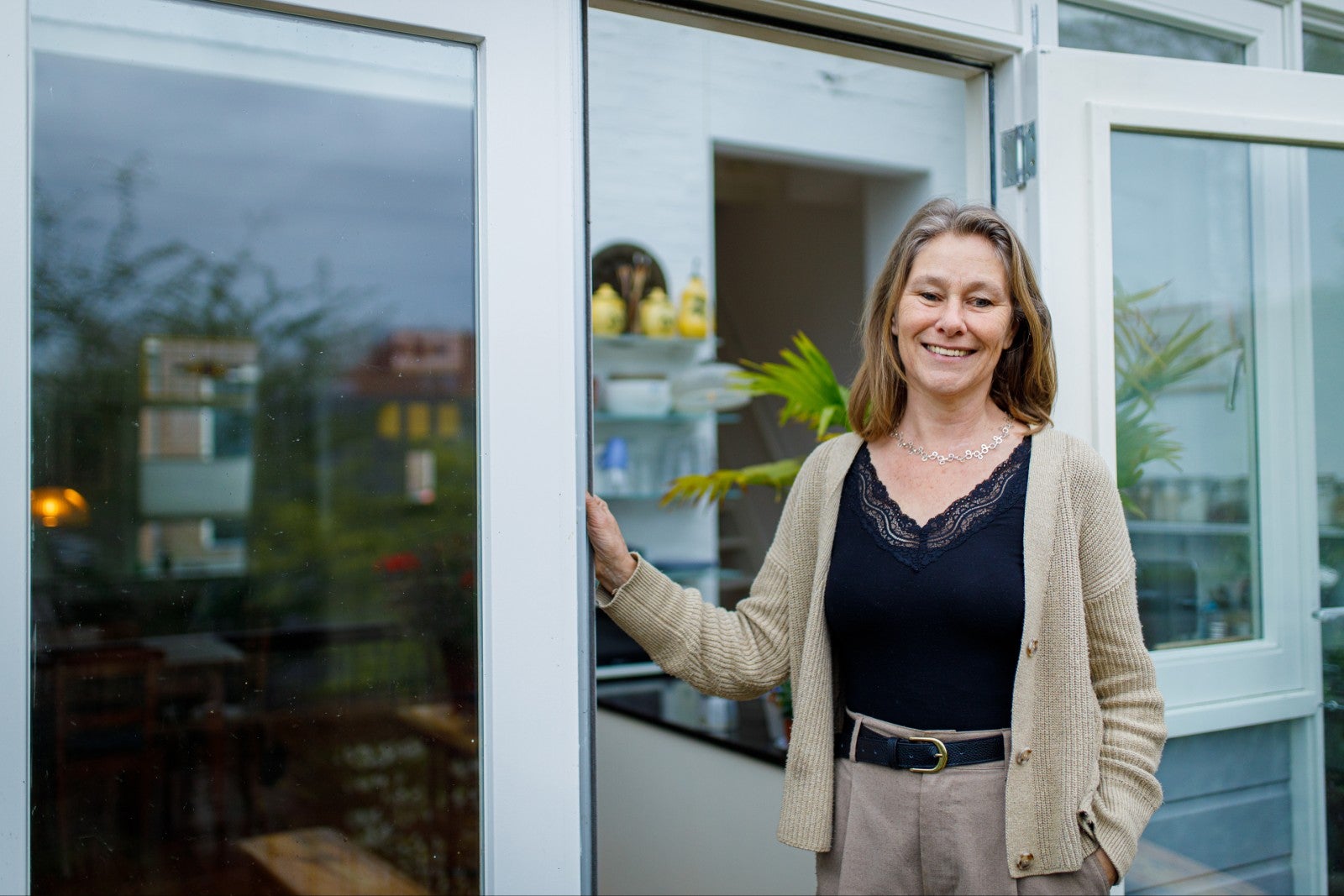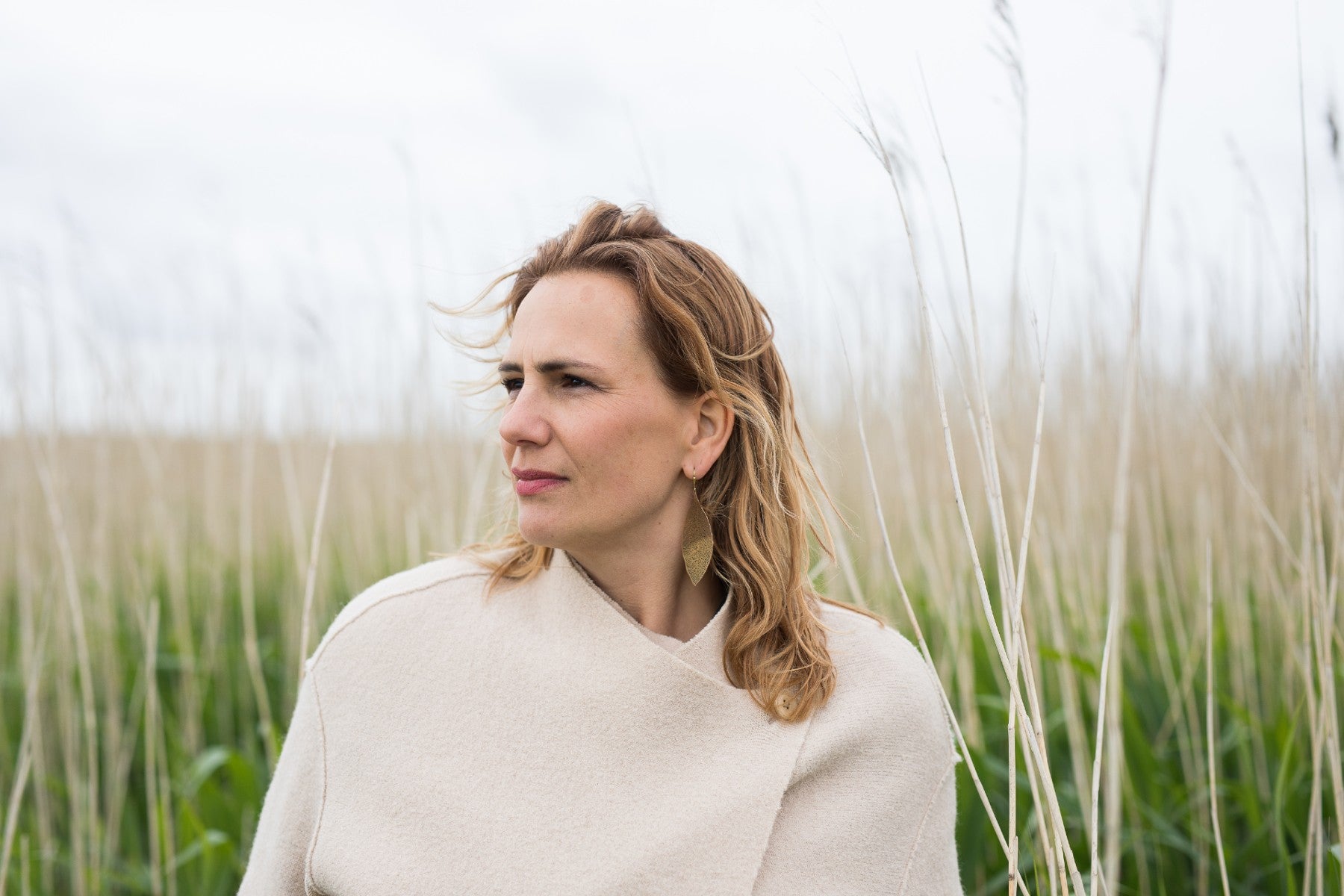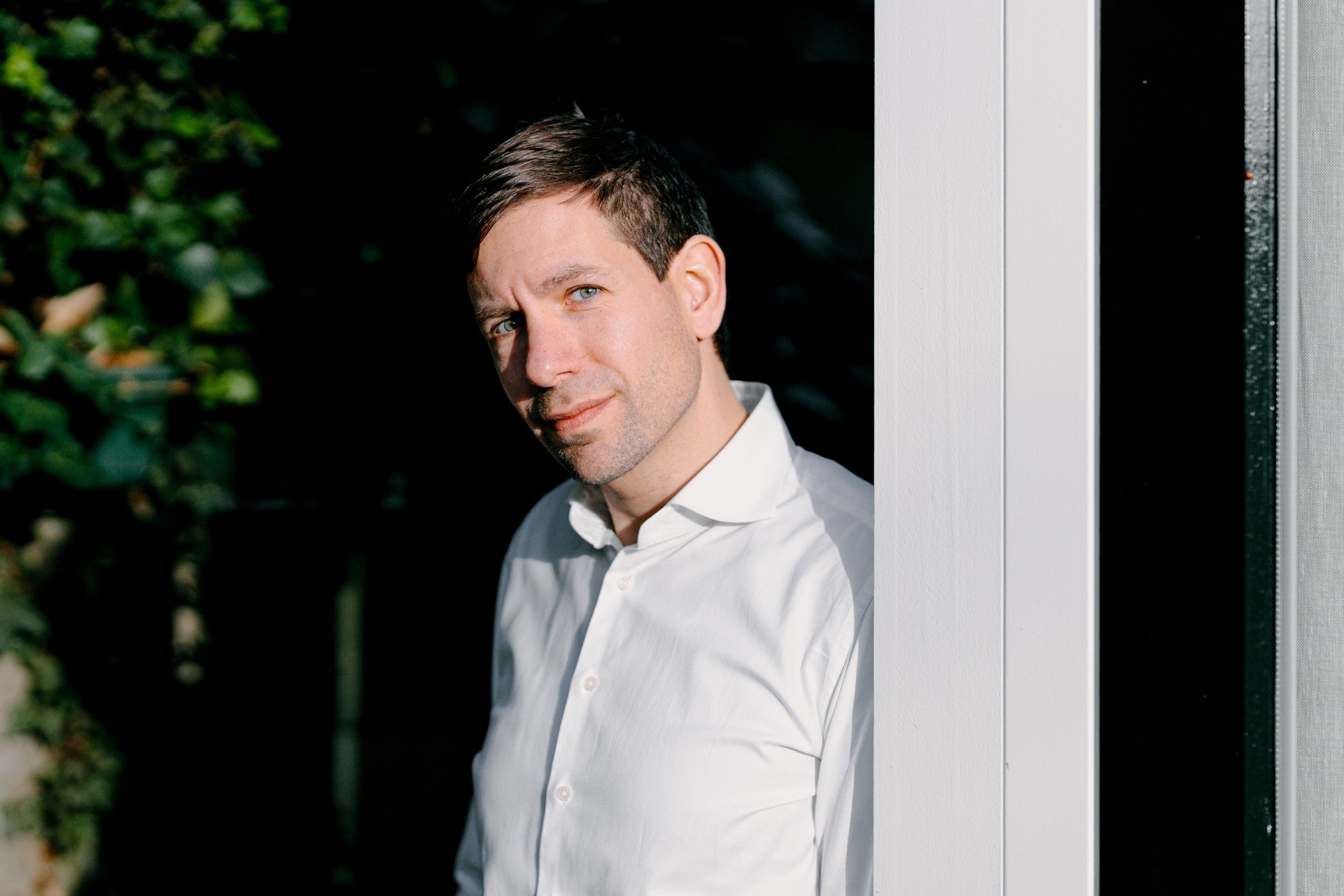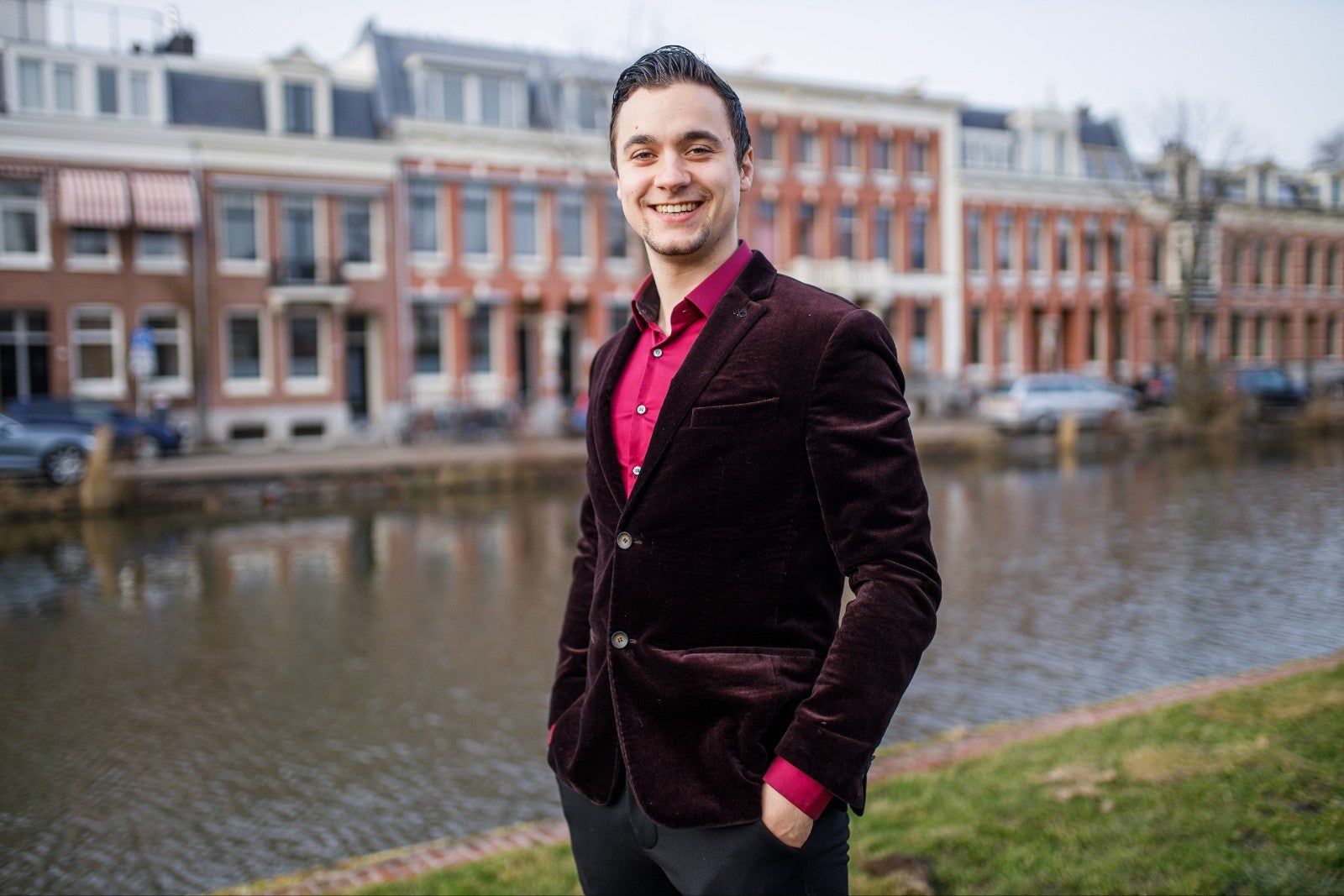The VU has more than 100,000 alumni. What have they been doing since they finished their studies? In this section, we feature three alumni who studied in the same programme. This time: alumni of Earth Science and Economics.
‘Polished shoes at Economics; down-to-earth geoscientists’
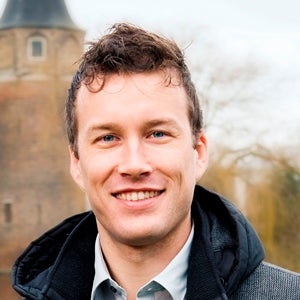
You were part of the very first classes of Earth Science and Economics. What did you think about the new study programme? “I thought it was very diverse, because we had classes at both the Economics faculty and the Earth Sciences faculty. Those were two completely different worlds: the polished leather shoes at Economics, versus the down-to-earth geoscientists. The idea behind the study programme was to build a bridge between the two. I’ve noticed that it was successful in my own work, because I can empathise more with different types of people.”
What are some of your good memories? “The field work. At the end of the year, the entire group hit the road, or went somewhere in the Netherlands. During the day we drilled for soil samples, and in the evening we studied the results with a beer in hand. It was hard work, but it also gave us a big sense of satisfaction.”
What did you not enjoy as much? “Sedimentology. For that class, we had to make an endless series of lacquer peels: boards with a piece of cloth showing a cross-section of the soil. It was very precise work, which didn’t always go as intended. That’s when the lecturer would come along and say: ‘Ah, you think that layer is the top?’ So we would have to start all over again.”
What are you doing now? “I determine the quality of the soil for companies that have building plans or would like to pave a road. I work for Stantec, an international engineering bureau. The soil can contain all sorts of hazardous substances, such as heavy metals or mineral oils. By identifying the risks, companies can implement effective protective measures for their employees and take the environment into consideration.”
‘The study programme was tough, but the atmosphere was relaxed’
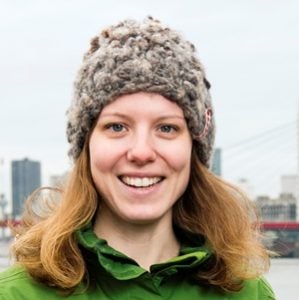
Your job sounds typically Dutch: Dike manager. “Yes, it’s a profession that people can immediately understand. And it’s clearly important, which is what I like about it. Even though almost nothing ever happens to the dikes, everyone knows how important they are.”
What does your work entail? “I evaluate the dikes’ strength and stability for the Schieland and Krimpenerwaard Water Authority, which covers the area between Rotterdam, Zoetermeer, Gouda and Schoonhoven. First, my team and I always collect a lot of data; for example, how sturdy is the subsoil under the dike, and is the grass cover strong enough on top. I also look at risk factors in the vicinity, such as trees. Trees can be uprooted during a storm, which creates deep holes in the dike. Once I have all of that data, I put it into models to calculate which parts of the dike need to be reinforced.”
You’ve re-enrolled in school to study Philosophy in Rotterdam. “Yes, I write a lot in my free time, both on my own blog and on other peoples’. I almost always write about nature or how we can live more sustainably. I study Philosophy to find the words to express my thoughts, and to better understand society as a whole.”
What did you think of the Earth Science and Economics study programme? “It was pretty tough: we had a lot of contact hours and long days. But the atmosphere was very relaxed. Everyone knew everyone else, and it was easy to strike up a conversation with the lecturers. At Philosophy, I feel more like I’m just a number. I still see some of my classmates from back then: we celebrate St. Nicholas (Sinterklaas) together, and we go camping a few times a year.”
What was your favourite course? “Historical Geography. I think it’s fascinating how the landscape was created, and the lecturer, Adriaan de Kraker, could talk about it with such passion. One time, he took us to the Drowned Land of Saeftinghe, an area in Zeeland that is regularly inundated. We spent the afternoon slogging through the mud in galoshes. We would get stuck all the time, and we got soaking wet, but everyone thought it was fantastic.”
‘I realised: something really needs to be done’
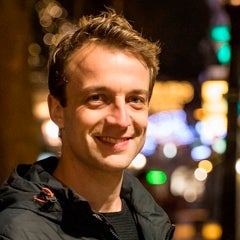
What kind of work do you do? “I’m Project Leader for environmental effect reporting and spatial planning at Arcadis, an international consulting and engineering firm. I help clients see the environmental consequences of their building plans, so that they can present the plans to the municipal or provincial government that will evaluate them. If the environmental impact is too great, I advise the clients on how they can amend their business plan.”
Have your studies come in handy in your current job? “Absolutely. I study the influence of my clients’ plans on the soil, air, and water. We dealt with all of those aspects during the Bachelor’s, so I know how to evaluate the results. The economic side of the study programme also plays a role in my current job, because I have to prove that our clients’ plans are economically feasible, and I have to submit estimates myself.”
During the last year of your Bachelor’s, you became a UN youth representative. Why was that? “I learned quite a bit about climate change during my studies, and I realised: something really needs to be done. As a UN youth representative, I had a chance to reach both young people and politicians to talk about the climate.”
What was that like? “It was really cool and dynamic. It lasted for two years, and every day was different. Sometimes I would teach a class at a secondary school in the morning, then I would have a debate with a minister in the afternoon, and I would coach football in the evening.”
Do you still see people from your studies? “I enrolled together with a good friend, Tom Kuyper. Oh, did you interview him too? We still spend time together, and our circle of friends includes five other classmates. When one of us has a dissertation or a wedding, then we all get together to drink beer and celebrate.”

